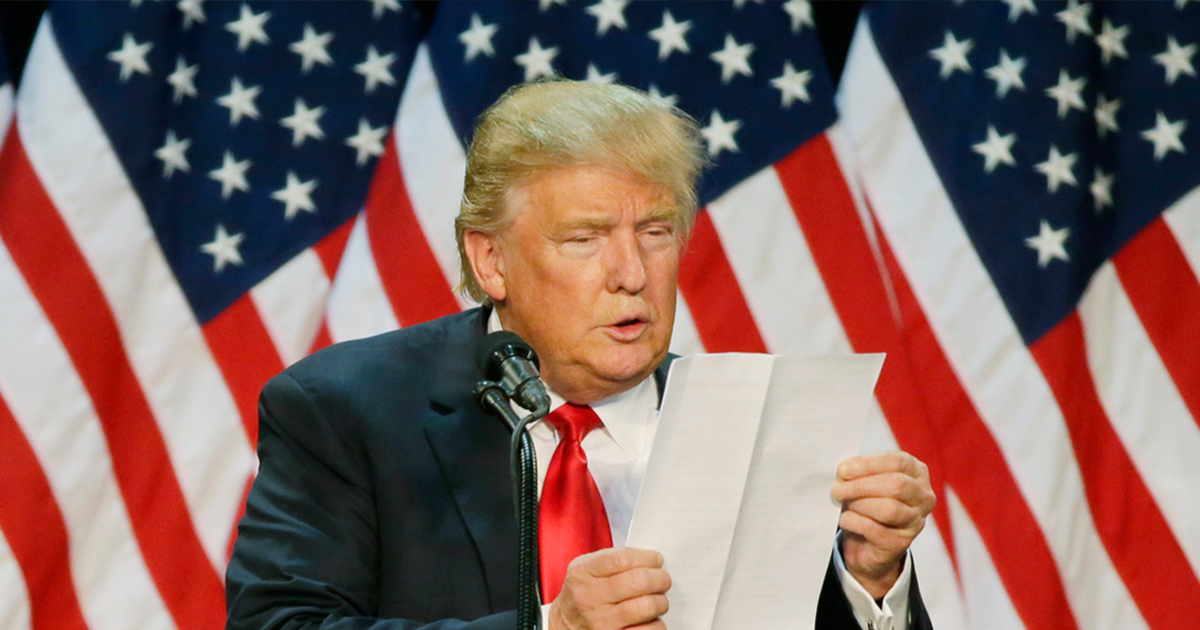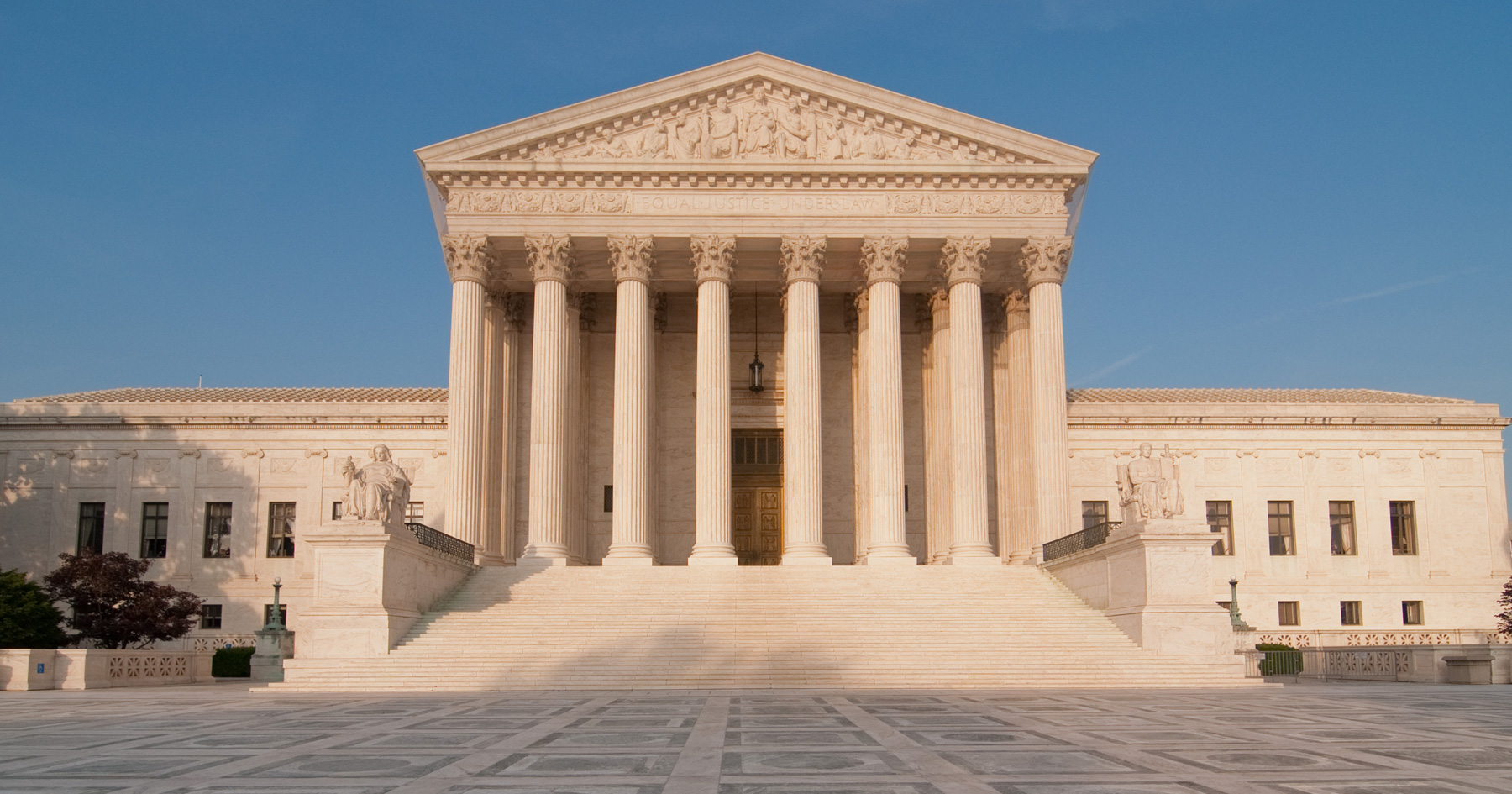What Donald Trump Gets Wrong About Libel

By:
Republican presidential nominee Donald Trump expressed interest earlier this year in reforming America's libel laws in the interest of "fairness." For victims of unfair media coverage, he said, there's no "recourse," and he promised to "open up libel laws" if elected president.
 Ted S. Warren/AP Images - apimages.com
Ted S. Warren/AP Images - apimages.com
Trump has sued (or threatened to sue) numerous reporters and publications over what he claimed were untrue stories that hurt him financially. But he has never succeeded in any speech-related case he's brought to court, according to an analysis of his libel suits that will be published by the American Bar Association next week.
That consistent failure seems to put the lie to the assertion that the courts are rigged and instead reflects Trump's profound misunderstanding of the legal protections afforded to the media and its subjects.
Susan Seager — a First Amendment attorney and professor of media law at the University of Southern California, who authored the ABA report — discussed Trump's relationship to libel with ATTN:.
(This interview has been edited for length and clarify.)
 Flickr/Mark Fischer - flic.kr
Flickr/Mark Fischer - flic.kr
ATTN: Let's start with the basics. What is libel?
Susan Seager: Libel is a law that allows people to sue each other and claim that they made a statement about them that was false and harmful to their reputation.
ATTN: Where does Trump's interpretation of libel depart from the legal definition?
SS: Donald Trump doesn't seem to understand that there are a lot of defenses to libel claims, and a fundamental requirement of a libel claim is that you have to allege that someone made a statement about you that's reasonably understood to be a fact about you. My favorite lawsuit by Donald Trump is when he sued Bill Maher, the political commentator and comedian, for making a joke.
You can't sue someone for making a joke. If it's clearly understood to be a joke, it's not a statement of fact, and you can't sue and win a libel case. My students know that the first thing you have to prove in a libel case is that someone made a false statement of fact about you. Jokes aren't facts. You can't sue over that. So that's where he doesn't understand the law.
He [also] doesn't seem to understand actual malice. Donald Trump, because he's a public figure — kind of a powerful person in America — has to prove not just that the statement was false, but that the person who made the statement knew it was false when they said it or entertained serious doubts about whether it was false when they said it. He's never been able to show that. It's a very hard thing to prove, and I think in all the cases where he has sued, the people believed it was true, they had a good reason to believe that it was true, and they didn't have any serious doubts about whether it was true.
ATTN: Do you think Trump has used libel claims as a form of intimidation?
SS: I believe he does. Based on my research, I believe Trump does use all kinds of litigation — but yes, libel litigation — to intimidate and punish people, and he doesn't mind if he loses, and he said so, so long as he can cause the other side financial pain. That's sort of the definition of abusing the court system: when you file a frivolous lawsuit that you know is frivolous, and you just want to run up the other side's legal fees.
ATTN: What can states do to protect against frivolous libel claims?
SS: States can pass laws that allow someone who was sued by someone like Trump to bring a quick motion to dismiss the case based on the argument that the lawsuit targets speech about a matter of public concern and then also the argument has to be that the lawsuit has no merit, that you can show to the court very quickly that the case, for example, is just an opinion. So you're not going to win, you don't need to gather any evidence.
California has a law. Texas has a law like this. Georgia has a law like this. Florida has a law like this. The state of Washington: A number of states have this law. New York doesn't, notably where Trump lives and has filed a lot of these lawsuits. New Jersey doesn't, which is where he sued Tim O'Brien and Trump Nation. So they don't have that case.
